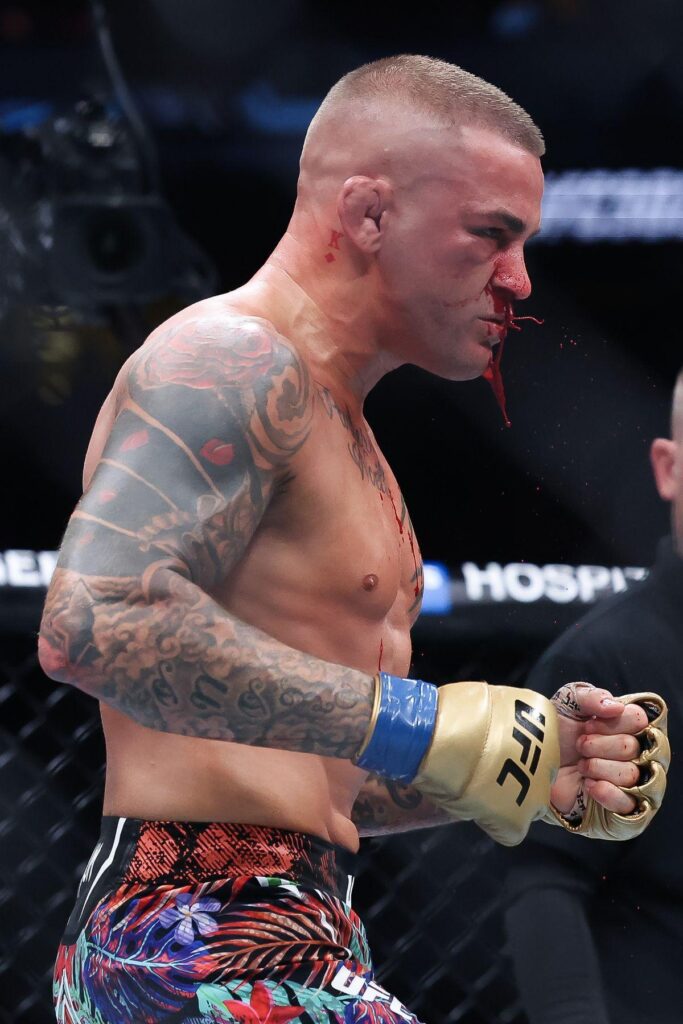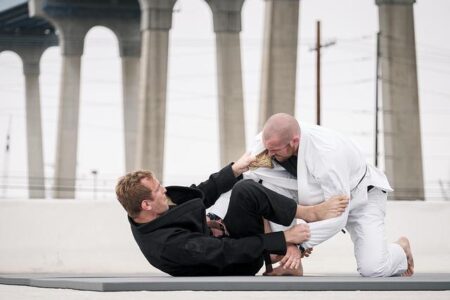In the wake of UFC 318, the MMA community is reflecting on the end of an era as Dustin Poirier announces his retirement from professional fighting. Poirier’s decision, met with widespread respect, has been endorsed by his longtime coach, who believes the timing is ideal for the former lightweight contender to step away from the octagon. This pivotal moment not only marks the conclusion of Poirier’s impressive career but also underscores the challenges and considerations fighters face when deciding to retire at the peak of their legacy.
Coach reflects on Dustin Poirier’s career and the factors behind his retirement decision
Coach Mike Brown, who has been instrumental in shaping Poirier’s approach inside the octagon, spoke candidly about the fighter’s decision to retire. Brown emphasized that Dustin’s journey was marked by relentless dedication, adaptability, and resilience. “Dustin always knew when to push hard and when to listen to his body and mind,” Brown said. “After UFC 318, it was clear that he had achieved everything he set out to do, and the toll the sport takes on a fighter is immense. This felt like the natural end of an incredible chapter.”
- Physical wear and tear: Years of high-intensity fights and training camps took a considerable toll.
- Mental readiness: Poirier prioritized his long-term health over continuing for purely competitive reasons.
- Legacy considerations: Retiring at the peak preserved his stature and allowed him to exit on his own terms.
- Desire to transition: Exploration of new opportunities outside the cage factored into timing.
| Career Milestones | Year | Significance |
|---|---|---|
| First UFC Title Shot | 2019 | Marked peak competitive level |
| Notable Trilogy Fight | 2021 | Showcased resilience and skill |
| UFC 318 Finale | 2024 | Decision to retire announced |
Expert recommendations for fighters considering retirement after major UFC events
Veteran coaches emphasize the importance of timing and self-awareness when fighters weigh the decision to step away from competition. After UFC 318, Dustin Poirier’s mentor highlighted that recognizing physical limits and mental readiness plays a crucial role in preserving a fighter’s legacy. Experts agree that retiring after a major event allows athletes to conclude their careers on their own terms, rather than being forced out by injury or decline.
Key considerations outlined by seasoned trainers for fighters nearing retirement include:
- Health first: Prioritizing long-term well-being over short-term gains.
- Legacy preservation: Leaving the sport with dignity and respect.
- Emotional readiness: Accepting the transition beyond active competition.
- Financial planning: Ensuring stability post-retirement.
| Factor | Advice | Impact | |||||||||||
|---|---|---|---|---|---|---|---|---|---|---|---|---|---|
| Physical Health | Regular medical check-ups and injury evaluation | Prevents long-term damage | |||||||||||
| Mental Preparedness | Open discussions with coaches and family | Smooth transition post-career | |||||||||||
| Financial Security |
If you’d like, I can also help you format this or add more rows or sections! To Wrap It UpAs Dustin Poirier steps away from the Octagon, his decision has garnered the full support of those closest to him, including his coach, who believes the timing is ideal. Poirier’s retirement following UFC 318 marks the end of a celebrated chapter in MMA, leaving a legacy defined by resilience and skill. While fans reflect on his impactful career, the MMA community respects his choice to prioritize health and well-being, underscoring the evolving conversation around athlete longevity in the sport. - Advertisement - Add A Comment |








